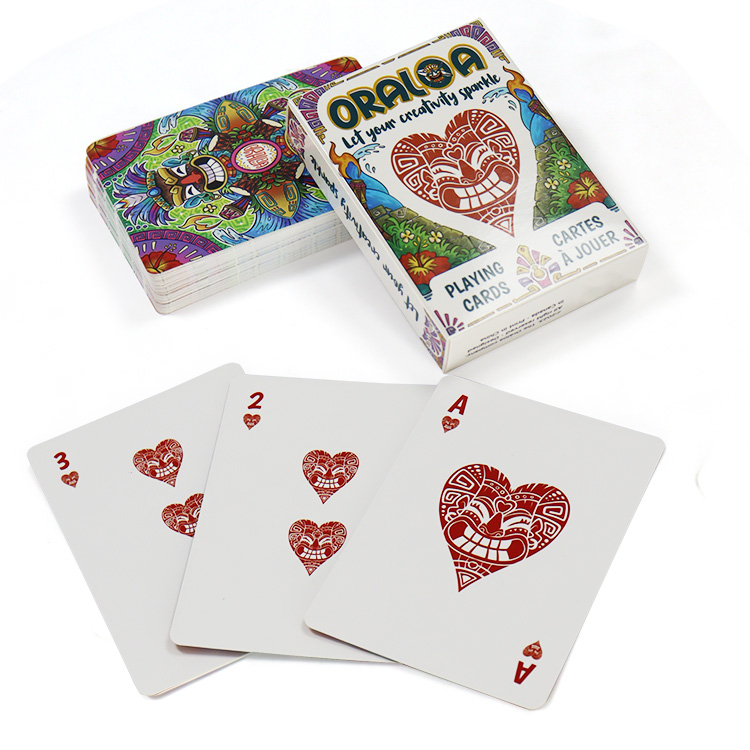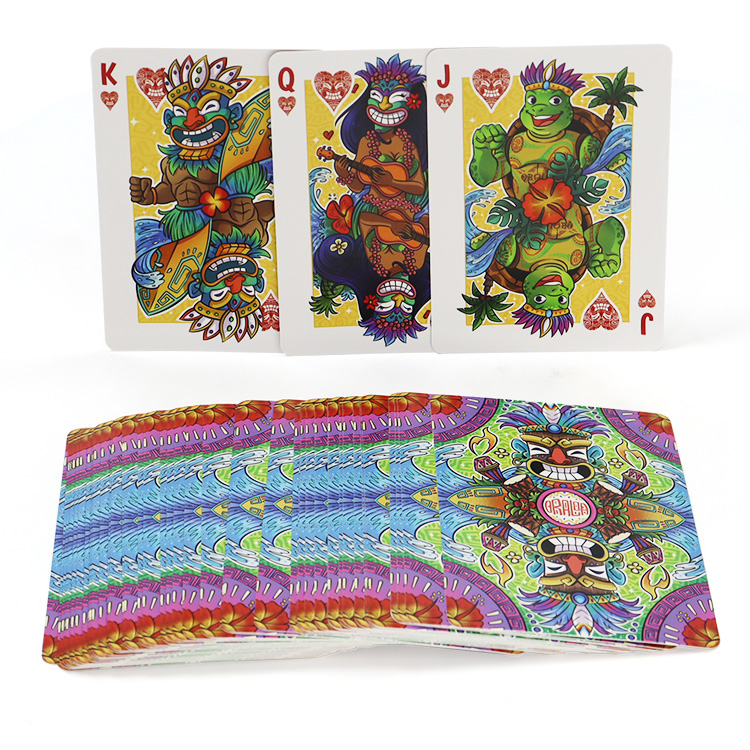Why Are There Exactly 52 Cards in a Deck? The Fascinating History and Meaning Behind the Number
A standard deck of playing cards contains 52 cards—but why this specific number? While many assume it’s arbitrary, the truth is far more intriguing. The number 52 has historical, mathematical, and even astronomical significance. In this article, we explore the real reasons behind the 52-card deck, from medieval calendar systems to gambling regulations.
- The Most Popular Theory: 52 Cards Represent the Weeks in a Year
- Historical Evolution: How Decks Settled on 52 Cards
- 1. Early Chinese & Islamic Decks (9th–14th Century)
- 2. Medieval European Adaptations (14th Century Onward)
- 3. The Joker’s Later Addition (19th Century)
- Alternative Theories: Gambling, Mathematics & Printing
- 1. Optimal Number for Card Games
- 2. Printing & Manufacturing Convenience
- 3. Astronomical & Numerological Beliefs
- Why Not Another Number?
- Conclusion
The Most Popular Theory: 52 Cards Represent the Weeks in a Year
The most widely accepted explanation is that the 52 cards correspond to the 52 weeks in a year. This theory is reinforced by other numerical connections:
-
4 suits = 4 seasons (Spring, Summer, Fall, Winter)
-
13 cards per suit = 13 lunar cycles in a year
-
12 court cards (Jacks, Queens, Kings) = 12 months
-
2 colors (red & black) = day and night
This calendar-based structure suggests that early card decks may have been used as timekeeping tools before becoming gaming staples.

Historical Evolution: How Decks Settled on 52 Cards
1. Early Chinese & Islamic Decks (9th–14th Century)
-
Used varying numbers (32, 36, or 40 cards)
-
Primarily for gambling and divination
2. Medieval European Adaptations (14th Century Onward)
-
French decks standardized the 52-card structure
-
Possibly influenced by the 52-week calendar
-
Removed extra cards like the Knight (early decks had 56)
3. The Joker’s Later Addition (19th Century)
-
Originally, decks had 52 cards + 1 blank "extra" card
-
Later repurposed as the Joker (now often 54 cards total)
Alternative Theories: Gambling, Mathematics & Printing
1. Optimal Number for Card Games
-
52 allows balanced distribution in games like Poker and Bridge
-
Easily divisible by 2, 4, and 13 for different player counts
2. Printing & Manufacturing Convenience
-
Early printing sheets fit 52 cards economically
-
Fewer cards = cheaper production
3. Astronomical & Numerological Beliefs
-
Some link 52 to ancient star calendars
-
In numerology, 5 + 2 = 7 (a "lucky" number in many cultures)

Why Not Another Number?
-
Fewer cards (e.g., 32 or 36) = Limits game variety
-
More cards (e.g., 78, like Tarot) = Too bulky for casual play
-
52 proved the perfect balance—enough for complexity, but not overwhelming
Conclusion
The 52-card deck is no accident—it’s a product of centuries of cultural, mathematical, and practical refinements. Whether tied to the calendar, game mechanics, or printing efficiency, this number has stood the test of time. Next time you shuffle a deck, remember: you’re holding a piece of history, astronomy, and clever design in your hands!
-
-

How to Create Your Own Custom Playing Cards: A Step-by-Step Design Tutorial (2026 Edition)

Beyond KEM: The 10 Best Professional Poker Card Brands You Didn't Know About (2026 Edition)

Custom Design Playing Cards: The Ultimate 2026 Guide to Manufacturing and Artistry

Double the Impact: The Substantial Two-Deck Custom Playing Card Gift That Demands Attention

The Ultimate Guide to Custom Playing Card Printing in 2026: Professional Techniques & Design
About customized services
What is the minimum order quantity?
We do not have a strict minimum order quantity. Since we are a custom offset printing company, we recommend a minimum order of 500 sets, as the material costs are the same, but the printing setup costs are higher.
However, if your order quantity is less than 300 sets, our sales team will usually work with customers to help customers find the most competitive options.
Can I see a proof before production?
Yes! We provide digital proofs for your approval before we start production. This ensures that everything meets your expectations.
About logistics
How long does the production process take?
Production times can vary based on order complexity and volume. Typically, standard orders take 2-4 weeks. For urgent projects, we may offer expedited options—just ask!
About product selection
Is there a design template I can use?
Yes, we provide design templates for different card types. You can download them from our website or request them directly from our team.
About price and payment
What are the payment terms?
We require a 30% deposit upon order confirmation and the balance before shipment.





WE’D LOVE TO 
FROM YOU
Please send us your inquiry details; our team will contact you ASAP.
20+ years of experience in custom playing cards, game cards, tarot cards, flashcards, and board games, as well as paper and paperboard box manufacturing.


bbilaser
sq_AL